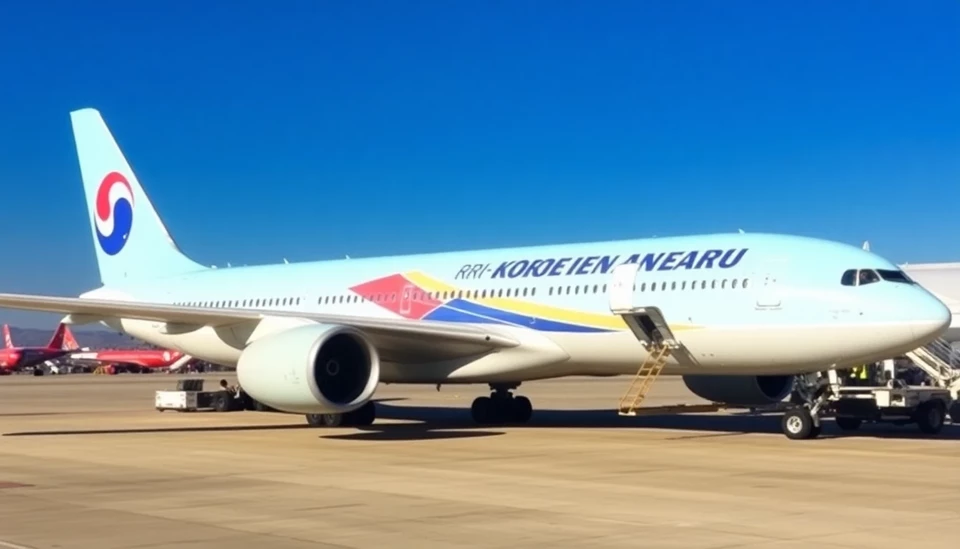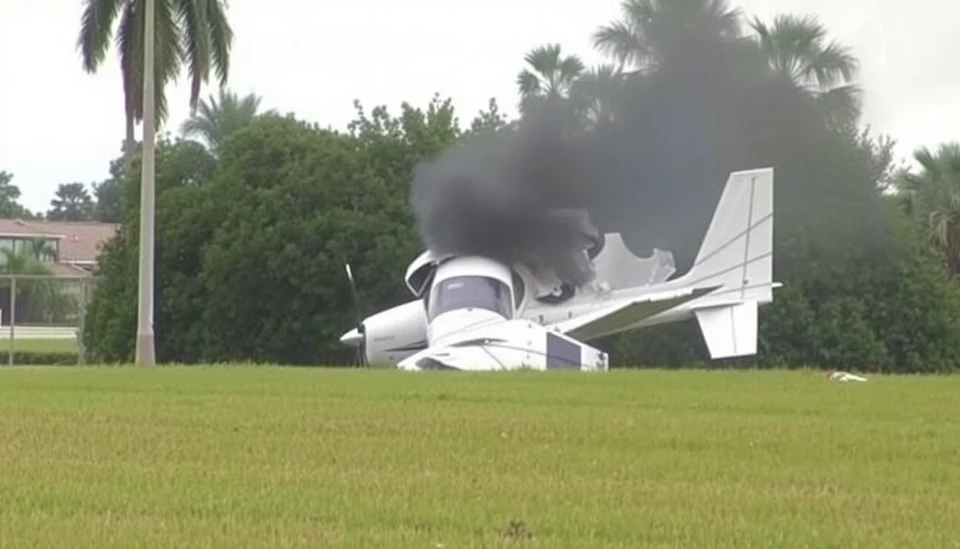
In response to a recent fire incident involving a Korean Air jet, aviation authorities have introduced new rules regarding the use of battery rechargers on aircraft. The move aims to enhance passenger safety and prevent similar occurrences in the future.
The incident, which took place on February 10, 2025, was sparked by a malfunctioning battery charger that ignited while the aircraft was in operation. Although the fire was controlled quickly and resulted in no injuries, it raised significant concerns about the risks posed by battery-powered devices aboard commercial flights.
Following a thorough investigation, the International Civil Aviation Organization (ICAO) has mandated stricter regulations on the transport of lithium-ion batteries and their chargers on planes. The new guidelines stipulate that passengers must carry only chargers that are certified for air travel and are equipped with safety features to prevent overheating. Furthermore, airlines are required to provide clearer instructions to travelers on the proper use and storage of these devices during flights.
Among the most notable changes is a restriction on the wattage of battery chargers allowed in the cabin. Devices exceeding a particular wattage will no longer be permitted, a move aimed at reducing the potential for battery failures that could lead to fires. Additionally, airlines must ensure adequate fire suppression systems are in place as part of their onboard safety protocols to deal with any future incidents promptly.
The Korean Air incident has sparked discussions about the responsibilities of both airlines and manufacturers regarding the safety of electronic devices and their associated accessories. Consumer electronics, especially those powered by lithium-ion batteries, are ubiquitous among passengers, making their safe usage a growing concern for the airline industry.
Industry experts believe that these new regulations will significantly enhance the level of safety on flights, especially as the number of personal electronic devices continues to rise. Following the fire incident, airlines and the aviation community have raised awareness about the importance of responsible device management during air travel.
As airlines begin to implement these new guidelines, passengers are encouraged to familiarize themselves with the updated regulations to ensure a smooth and safe travel experience. Overall, these proactive measures reflect the aviation sector's commitment to passenger safety and the continuous evolution of safety standards in response to emerging challenges.
The overarching goal of the new regulations is to mitigate the risks associated with battery-related incidents, especially those involving mobile devices, ensuring that such incidents remain a rarity in the aviation world. With these rules in place, the hope is that the industry can maintain its excellent safety record while adapting to the ever-growing presence of technology on board.
#AviationSafety #BatteryChargers #KoreanAir #FireIncident #ICAO #TravelSafety #LithiumIonBatteries
Author: Samuel Brooks




